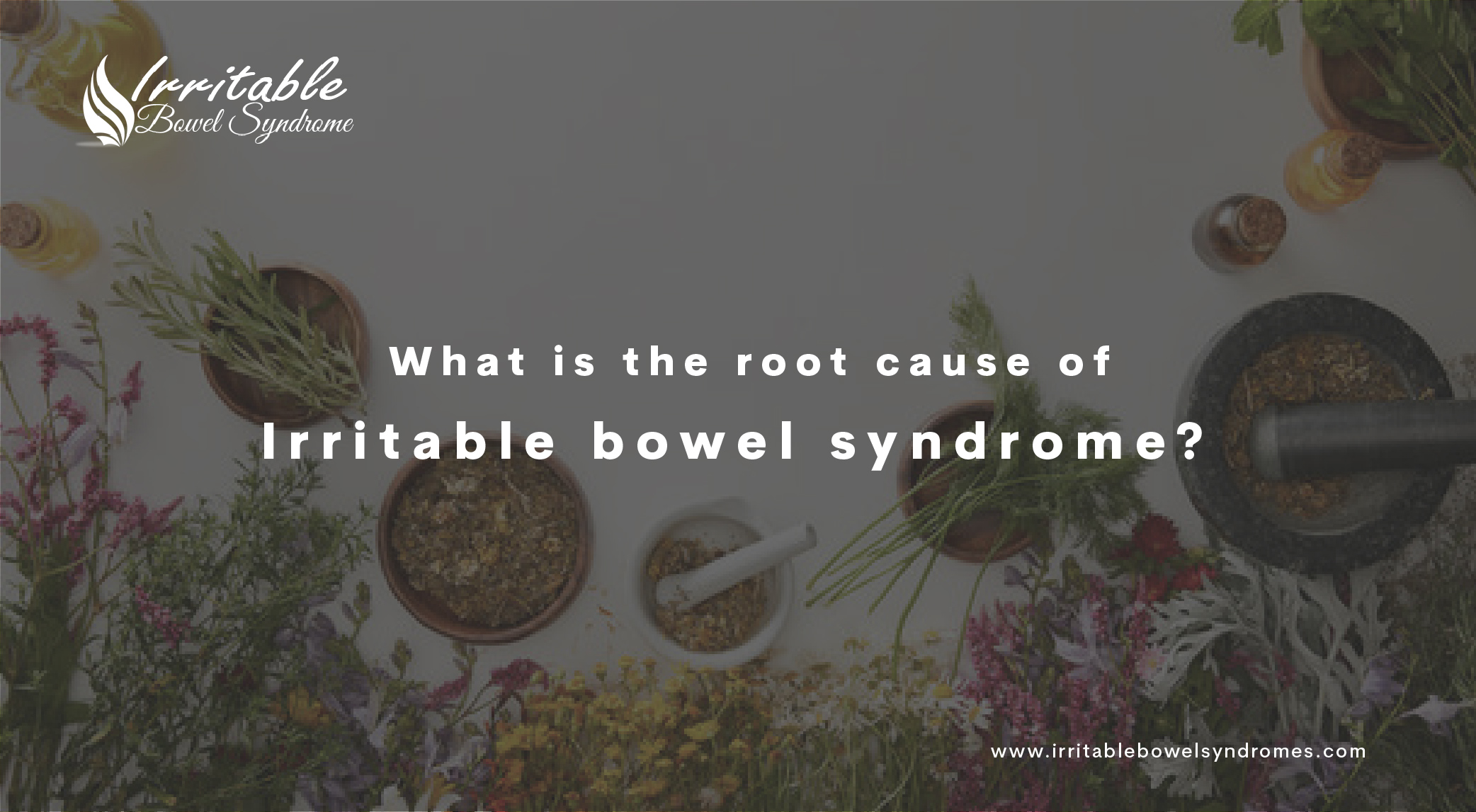
Irritable bowel syndrome (IBS) is a condition that is increasingly being issued to people who have chronic intestinal symptoms. Intermittent cramping, stomach pain, bloating, constipation, and diarrhoea are the most frequent signs of the disease. It is more prevalent in women and is believed to affect up to 20% of the Canadian population. The signs mentioned above are used to make the diagnosis of IBS. It has no explanation for whether the effects are happening. There are some important root factors of IBS that should be investigated in both patients.
Food Intolerances and Allergies
Food disorders and intolerances, according to both IBS patients and experts, may be significant causes of IBS symptoms. However, in IBS patients, adverse food reactions are seldom measured and reported.
Imbalances of the Small Intestine (Dysbiosis)
In naturopathic medicine, dysbiosis refers to an anomaly of the natural combination of microorganisms known as flora in the intestinal tract. Overgrowths of yeast, fungi, and microbes, as well as bacterial defects, are examples of changes in the intestinal flora. Herbal treatments to eliminate unhealthy microorganisms and probiotic products to replenish healthy bacteria are used to treat dysbiosis.
Adrenal Imbalances Caused by Stress
Another well-accepted cause of IBS is tension. As stress levels grow, often people notice an uptick in intestinal symptoms. Chronic stress may cause imbalances in the activity of our adrenal glands, triggering a vicious loop that further reduces our stress resistance. Adrenal imbalances, which can be easily detected by saliva monitoring of the adrenal hormone cortisol, can be a major contributor to IBS symptoms.




